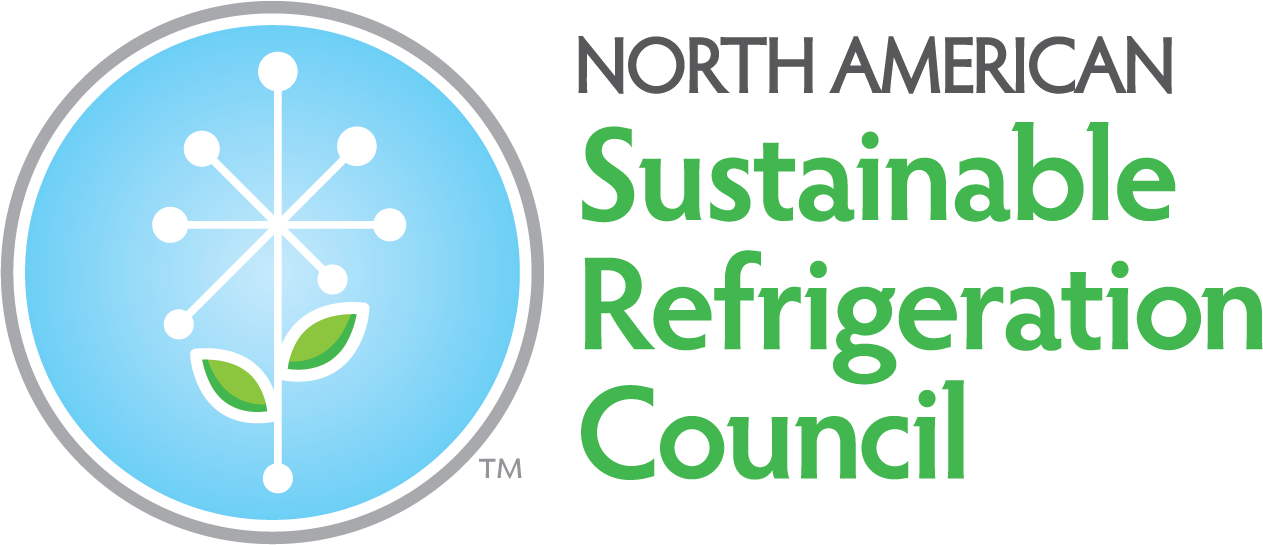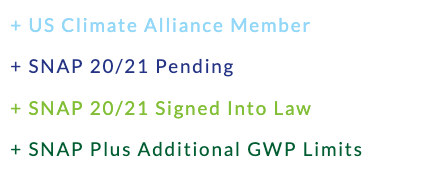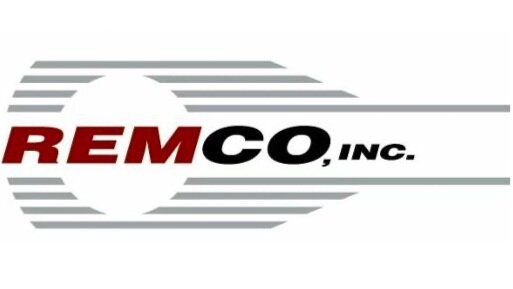Mechanicsburg, Pennsylvania — Remco Inc., a commercial HVAC and refrigeration installation and service provider, has joined the North American Sustainable Refrigeration Council (NASRC) at the silver level. The NASRC is an action-oriented 501c3 nonprofit dedicated to creating a climate-friendly future for supermarket refrigeration through natural refrigerants.
A growing number of supermarkets seeking to operate more sustainably and navigate new refrigerant regulations are beginning to look to climate-friendly natural refrigerants - including ammonia, CO2, and hydrocarbons - as an important part of the solution. However, due to a unique set of market barriers, natural refrigerant adoption in US supermarkets has not yet scaled.
Due to the low adoption rate, there have been limited natural refrigerant training opportunities for contractors, which in turn has created uncertainty for some supermarkets considering natural refrigerants. In addition, a shrinking technician workforce has exacerbated the service readiness challenges.
“For contractors who are already stretched thin, it can be difficult to justify investing in natural refrigerant training if their customers aren’t moving in that direction. This has led to gaps in training resources. As the demand for natural refrigerants increases, it’s important to fill those gaps and prevent training from becoming a bottleneck for scaled adoption,” said Morgan Smith, NASRC manager of programs & operations.
And that demand is already increasing. According to Remco, their technicians are encountering natural refrigerants with increasing frequency.
“We are seeing everything from booster and cascade CO2 systems to micro-distributed systems employing hydrocarbon refrigerants,” said Carl Hollomon, service manager of Remco’s Richmond branch. “So we understand the importance of educating our technicians to ensure they have the knowledge and tools available to them to safely troubleshoot and repair the multitude of systems they may encounter in the field. Remco has a dedicated staff of full-time trainers and a fully operational mock supermarket at our Mechanicsburg, PA training facility that allows us to give hands on training to all of our upcoming service and installation technicians. Even still the ongoing pandemic has posed a new set of challenges when it comes to training for alternative natural refrigerants, where we used to rely heavily on OEMs, our focus has shifted to adopting a curriculum that can be used in-house to educate our technicians, and that’s where we see a major benefit in partnering with NASRC.”
Together with the industry, NASRC is working to remove the barriers preventing the widescale adoption of natural refrigerants in supermarkets, including service readiness, upfront costs, and data gaps. Remco’s participation in the NASRC membership network will bolster the organization’s efforts to address workforce development gaps that have slowed the adoption of natural refrigerants.
“Remco is committed to providing sustainable and environmentally conscious services by adopting new technology and practices across all aspects of our business,” said Bryan Purdy, Remco’s Pittsburgh branch manager. “Change is coming whether we like it or not, and it’s our obligation as a service provider to make sure our technicians are adequately trained and prepared for the future of refrigeration. The resources that become available to us by joining NASRC will allow us to stay ahead of the curve in making sure we can meet the everchanging demands of the refrigeration industry. We feel that joining NASRC allows us to be a part of a collaborative effort that will help us raise awareness and provide sustainable cost-effective solutions to our entire customer base with the common goal of a better tomorrow for all.”
“The service readiness challenges are multifaceted, and we need all-hands on deck to ensure that current and future generations of technicians are trained in the installation and maintenance of natural refrigerant equipment,” said Smith. “Remco has positioned themselves at the forefront of this effort, and we look forward to leveraging their expertise to drive progress for the industry.”
NASRC’s membership network represents more than 38,000 US food retail locations and stakeholders from virtually every sector of the commercial refrigeration industry, including service contractors, manufacturers and suppliers, consultants, engineering firms, trade associations, distributors, and nonprofits.
More information about Remco Inc. can be found here: https://www.remcopa.com.










